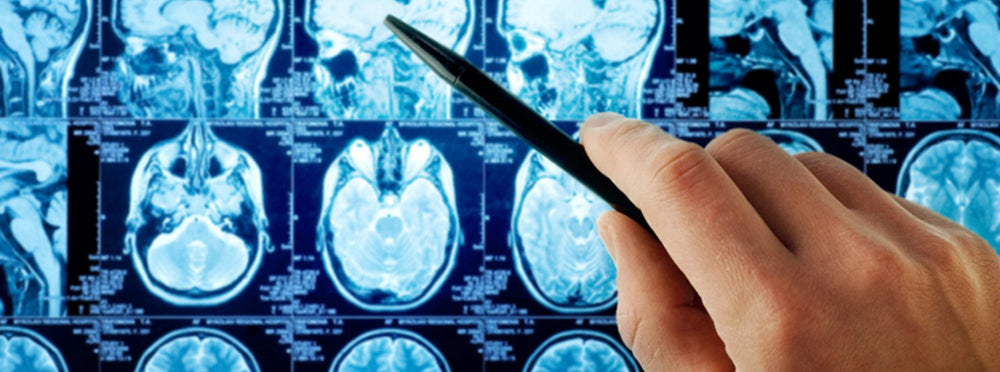How are heart disease and brain health related?

As a cardiologist, understandably, I’m focused on diseases of the heart. After all, that’s what I’ve been trained to do. So I obsess about heart arteries, the heart’s pumping function, all four heart valves, and the heart’s electrical system.
However, our heart, no matter how miraculous, does not exist in isolation. It’s an integral component of an entire organism where everything is inter-related and inter-dependent. The recent finding that once people experience a heart attack or angina (heart pain), they also experience more rapid cognitive decline is a stark reminder of this inter-dependency among organ systems.
Here is a graph from that study:

In the graph, the blue lines represent cognitive function as measured by various means in older adults unaffected by heart disease. Yes, there’s some deterioration over time, but it’s pretty gradual. The red lines represent cognitive function in similar individuals who experience a heart event. Red line trajectories follow the expected path but then suddenly deviate downward right after a heart attack or angina diagnosis (the inflection point).
The reason for the accelerated decline in brain health in individuals with heart events is unknown – but could include decreases in blood flow to the brain during a heart event or be related to common risk factors like obesity, diabetes, high cholesterol and high blood pressure.
An interesting possibility is that it may have something to do with the more intensive drug regimens used in individuals who have experienced a heart attack or heart pain.
Although the absolute decline in brain health in affected individuals was felt to be small over the course of the study, given the unfavorable trajectory and given that there is no good treatment for dementia we should still be concerned about the findings.
So what’s the practical takeaway? If you have risk factors for heart disease, attend to them as best as you can so that you never experience a heart attack or heart pain. If you’ve already had an event, live in a way that has been proven to help support heart and brain health. Regardless which category you fit into, what you eat truly matters. At Step One we may focus a lot on cholesterol, but if you eat in a way that helps lower cholesterol, you will also be eating in a way that helps lower blood sugar, and reduce blood pressure and help you lose weight. And if that’s going to be good for your heart, it’s also going to be good for your brain.

Tested & Proven Results.
- Cardiologist formulated
- Supported by over 500 publications
- Clinically-proven, in a double-blind randomized trial with Mayo Clinic and The University of Manitoba
80% of participants lowered their cholesterol in just 30 days. With just two servings per day, Step One Foods offers a proven-effective way to naturally lower LDL (bad) cholesterol.
Get heart health tips and articles like this, delivered right to your email.
New articles every week.
You may also like...

You don’t need to avoid foods with cholesterol…except for these




